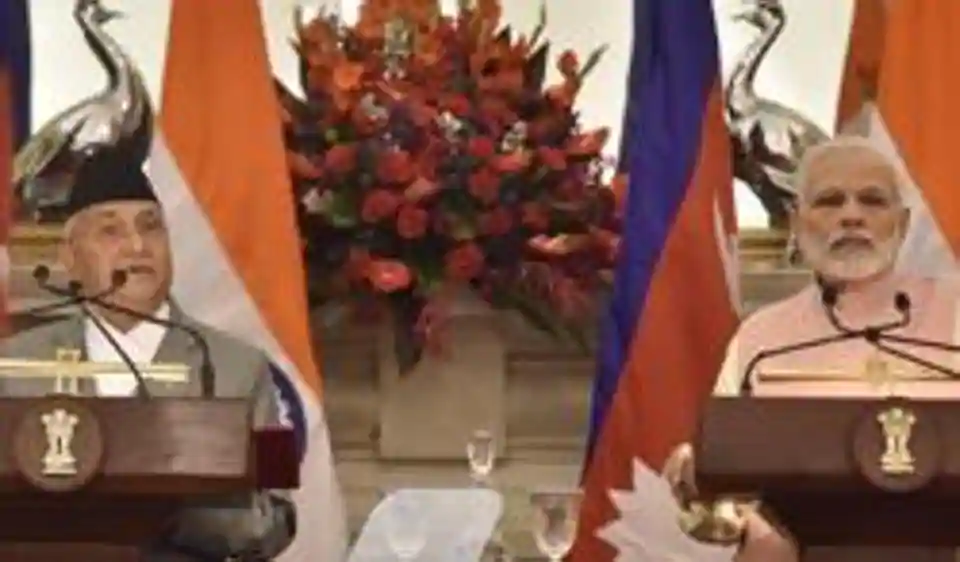
SOURCE: HT
India’s political stand-off with Nepal over the Lipu Lekh border persists. Nepal’s Parliament is expected to pass a constitutional amendment to formalise a map to include territory, which is both claimed by India and has been under Indian control. This escalation on Nepal’s side has been coupled with a rise of strong anti-Indian nationalism. At the root of the discord is a simple question. India and Nepal have a “special relationship”.
In practice, this has meant that India and Nepal share open borders; India allows Nepalis to work in India without restrictions; and Nepalis serve in the Indian Army. In turn, Nepal has both conceded, indirectly, a role for India in its domestic politics, and has been sensitive to Indian security interests.
The rise of ultra-nationalism and the emergence of a new generation of Nepali elite, which does not share the same emotional bond with India, mean Kathmandu wants a reset of ties now. But while India has benefited from the special ties too, this reset will have clear costs for Nepal. It can mean hard borders; it can mean restrictions on Nepalis from working in India; it can mean a reduction in bilateral support essential for Nepal’s development; and it can lead to political resistance from the Tarai, Nepal’s southern plains. Is Kathmandu ready for the costs that come with its focus on absolute sovereignty, a clear pro-China tilt, and belligerent nationalism? The dilution of the special relationship will harm both countries, but cause more damage to Nepal.
https://defencenewsofindia.com/the-costs-of-anti-indian-nationalism-in-nepal/






